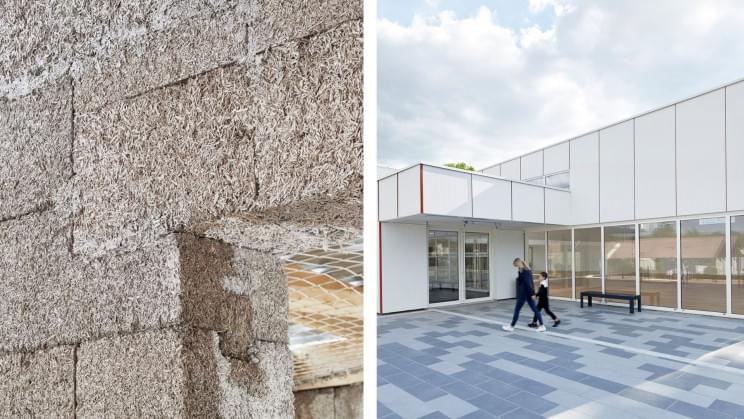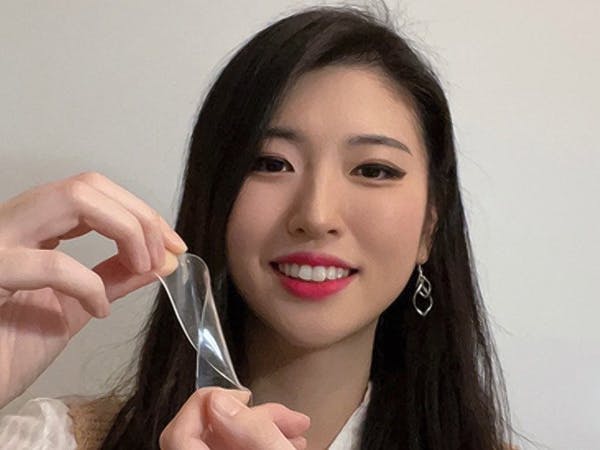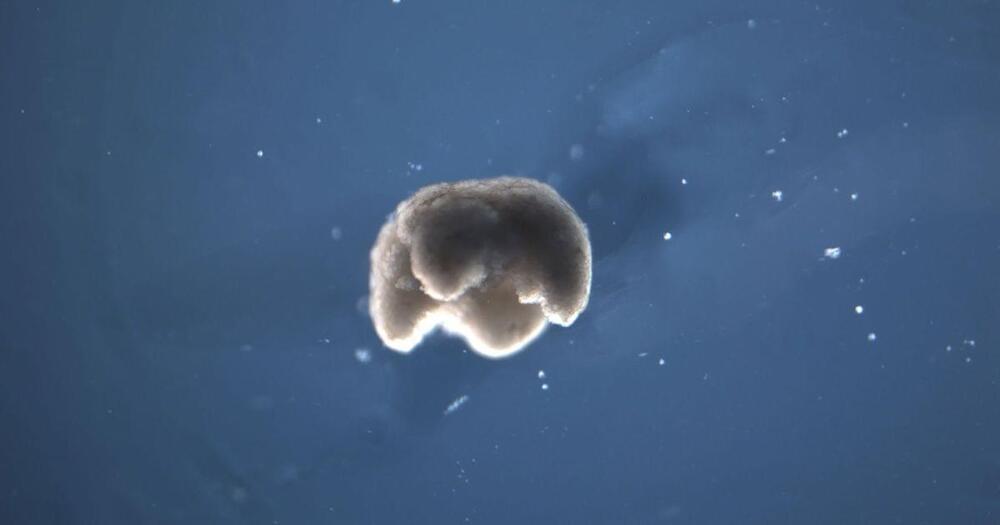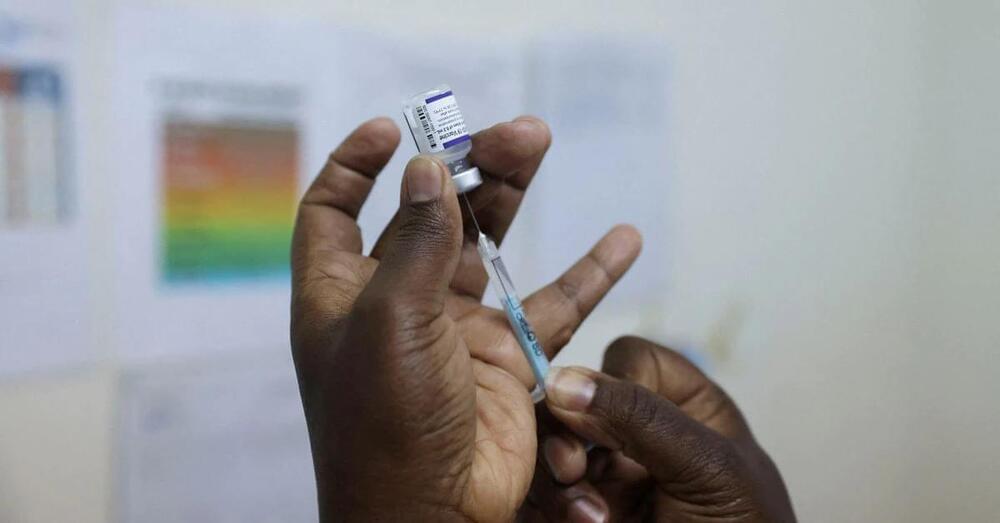It’s a sports hall.
A French architecture and landscaping company from the town of Croissy-Beaubourg has completed the country’s first hempcrete public building: Pierre Chevet sports hall.
The 4,000-square foot (380 square meters) building includes an exercise hall and changing rooms. What is Hempcrete? A mixture of hemp with lime and water, the sports hall that’s made of Hempcrete is a carbon-negative building.
Hempcrete weights an eight of regular concrete hempcrete has thermal and acoustic properties, as well as being fire-resistant. Hemp can grow up to 13 feet (4 m) and can be cultivated in 90 to 120 days. It is lighter and less expensive than wood and can grow 100 times faster than an oak tree.
According to researcher Darshil Shah the Centre for Natural Material Innovation at Cambridge, hemp can capture carbon twice as effectively as a forest of trees.
Full Story:







